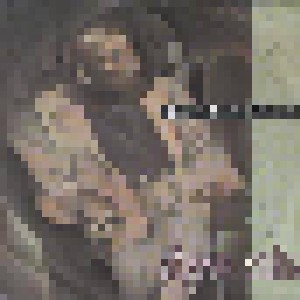

Singing along to the album, he found himself drawn to vamping over With A Little Help My Friends. Very much a pint man, Cocker swapped Stones Bitter for a different type of stoner. When I was a kid in 1961, my dad stuck a newspaper in front of my nose with a story about Ray Charles being busted for heroin. It was a bloody big culture shock, and it went against my natural grain. Maybe a bit too quick for a young guy – I’d just been a greaser with sideburns and tight trousers. Before that I’d only had a mono music system. "I liked the drugs, because they enhanced my enjoyment of music. I’d had acid and listened to Hendrix, but never been outdoors on it.
Joe cocker night call driver#
I got into a cab in New York once and the driver gave me a pill and I suddenly entered a Technicolor world. We went to America in ’68 – that was an eye-opener. Denny was a smoker, and he introduced me to LSD. Joe moved to a tiny flat off Sloane Square in London with his first wife, Eileen. I asked Jimmy Page if he’d join us in 1968 but he said: “Y’know Joe, I think I’ve got something a little heavier to do.” Oh, okay.” “We hit the ‘second wave’, after the ‘screamagers’ but before Led Zeppelin.

“Aye, we were a great band,” Cocker says. The Grease Band signed to Regal Zonophone in the UK, and built themselves a live reputation by word of mouth. Our luck changed when we did a song called Marjorine, a very clever Chris demo which set the ball rolling.” “Which was good news, because Sheffield wasn’t Liverpool or London. Fresh from success with The Moody Blues, The Move and Georgie Fame, the ebullient Cordell became the Grease Band’s mentor. Salvation arrived via a meeting with fellow Sheffield lad Chris Stainton, and together they formed the fledgling Grease Band, whose demos landed on producer Denny Cordell’s desk. “Most people feel rhythm in their feet, but that was how I expressed myself. “I never knew what to do with me hands,” Joe says. He still sang, and he also drummed, which is how he developed his famous ‘disorientated hand jive’ tic. He left the Gas Board and went to work as a packer for WH Smith. But the single was a big flop, and Joe went home somewhat deflated. Decca paid him precisely 10 shillings (50 pence in today’s currency) for his efforts, which featured the guitar talents of Big Jim Sullivan and Little Jimmy Page. Having left school at 15, Cocker served his music apprenticeship in local blues bands before a Decca scout whisked him to London in 1964 to record a cover of The Beatles’ I’ll Cry Instead for a single. I’d still be singing in pubs and wondering what might have been.” Looking back, if I hadn’t made it I doubt I’d have stayed as a gas fitter. On my last trip to Australia, some old cat said: ‘You’ve led a life.’ Not a good one, mind. I suppose my journey from 16-year-old gas fitter to today is a bit staggering. Gratifyingly, he’s still got his Yorkshire accent, and he still follows Sheffield United, The Blades. These days Joe, who is stocky and exceptionally pleasant, lives on his Mad Dog ranch in Colorado, where he used to graze Watusi cattle but now sticks to growing tomatoes.


 0 kommentar(er)
0 kommentar(er)
